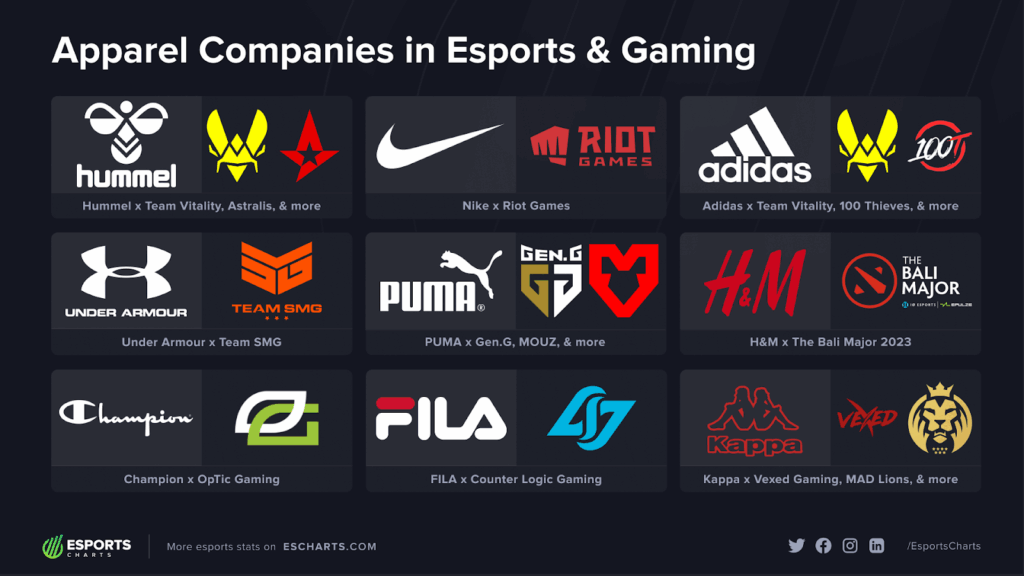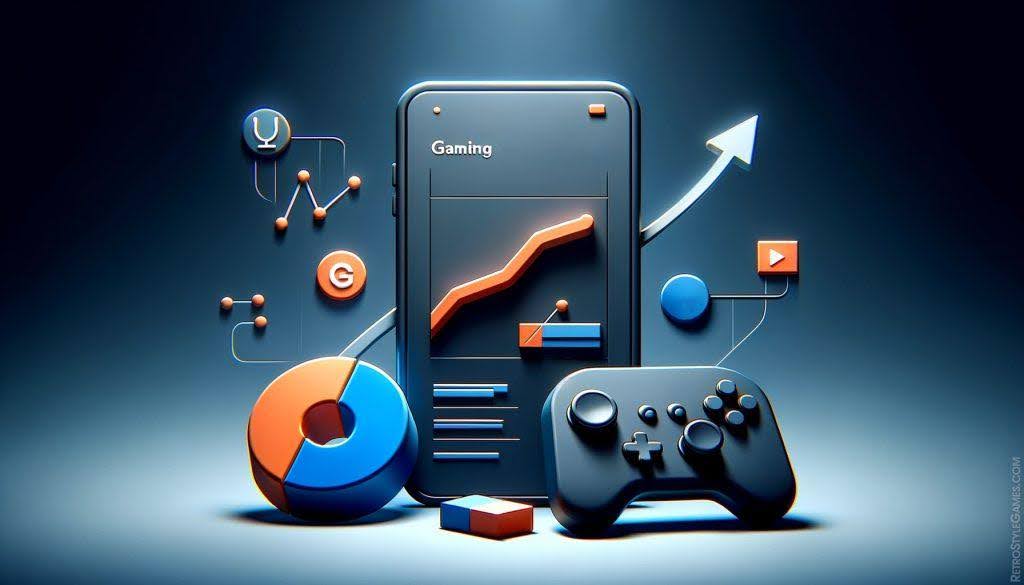Esports has grown into one of the most influential sectors of the entertainment industry, with players becoming international stars. Beyond skill and tournament victories, one of the strongest factors driving career growth is the strategic use of social media. Platforms such as Twitter, Instagram, TikTok, and Twitch give players the chance to connect with fans, attract sponsors, and build personal brands. For aspiring talents, the ability to master social media has become as vital as mechanical skills in their favorite games. This transformation reflects a larger trend where visibility, communication, and branding are just as important as pure in-game performance. In many cases, a well-managed online image has been the deciding factor that elevated ordinary players into esports celebrities recognized worldwide.
The Importance of Personal Branding in Esports
Social media allows professional gamers to create unique personal brands that go beyond in-game performance. A strong presence on platforms helps players share their personalities, insights, and stories with fans. For example, star players often use Twitter to update their followers on practice routines, match results, or personal milestones, which builds stronger loyalty and recognition. This personal branding ensures that players are remembered not only for their victories but also for the human side of their careers, making them relatable to wider audiences. Over time, consistent branding can transform a player from being known as just “good at the game” into an industry figure with long-term influence.
Branding through social media also makes esports players attractive to sponsors. Companies are no longer looking only at tournament results but also at how much influence a player has online. A player with a solid following can provide sponsors with greater visibility, making them a valuable partner in the competitive market. In fact, a well-managed online image often leads to long-term sponsorship deals, giving players financial stability even if their tournament results fluctuate. Some teams even require players to maintain specific levels of engagement on social platforms, highlighting how central branding has become in the esports ecosystem.
Social Media as a Tool for Career Growth
For young talents and semi-professional players, social platforms are the gateway to visibility. Many teams scout promising talents not only through their in-game statistics but also through their online activity. The ability to engage an audience shows leadership, communication skills, and marketability—qualities that organizations value highly. For this reason, aspiring professionals often dedicate time to creating consistent content alongside training schedules, knowing it can influence their chances of being recruited. By posting gameplay highlights, tutorials, or personal commentary, they demonstrate both technical ability and charisma, which can make them stand out from hundreds of other competitors.
Additionally, rankings and competitive performance remain crucial in measuring growth. For instance, when aspiring professionals aim to prove their skills, they often highlight their standings in leaderboards such as cs2 ranks, while also maintaining an active presence online. By combining statistics with community interaction, players demonstrate both technical expertise and popularity. This balanced approach increases their chances of being noticed by organizations that prioritize both skill and fan engagement. In some cases, even players without major tournament wins have been signed because their online persona convinced teams of their potential for growth.
Building Fan Communities and Engagement
Social media also acts as a hub for building communities around esports players. Twitch streams, Discord servers, and YouTube channels allow fans to interact with their favorite players in real time. This direct communication helps build long-lasting fan loyalty, which in turn creates a stronger foundation for career stability. Unlike traditional sports, esports communities thrive on digital platforms where the boundaries between players and audiences are minimal. This creates a sense of closeness and accessibility that enhances the overall fan experience.
Gamers who consistently interact with their fans often see growth not only in their personal following but also in support during tournaments. A passionate fanbase can make a difference by boosting morale, promoting streams, and even encouraging sponsors to invest in the player. Over time, these communities can evolve into dedicated networks that follow a player’s career closely, helping them maintain relevance in an industry where new stars rise quickly. Strong fan engagement thus becomes both a personal motivator and a professional advantage. Some esports icons even credit their communities for helping them through difficult career slumps, proving that fan relationships can be a source of emotional support as well.
Sponsorship and Financial Opportunities
Sponsors play a key role in esports careers, and social media presence is one of the main factors companies consider when choosing brand ambassadors. A player who posts engaging content regularly is seen as more valuable than someone who focuses only on matches. This makes platforms like Instagram or TikTok not just entertainment spaces but serious career-building tools. A well-designed content strategy—mixing gameplay, behind-the-scenes footage, and personal lifestyle updates—can attract large audiences and create consistent exposure for sponsors.
Moreover, social media opens the door to additional revenue streams such as merchandise sales, paid partnerships, and subscriber-based platforms like Patreon. These income sources can help stabilize a player’s career, especially in times when tournament winnings alone may not be enough. Some players even launch their own brands or collaborate with clothing and gaming accessory companies, turning their online following into long-term business opportunities. By diversifying income, social media ensures financial resilience and independence in an unpredictable industry. Successful examples include players who turned signature catchphrases or logos into merchandise lines that sold globally, further proving the financial power of online presence.
Challenges of Social Media in Esports
While social platforms bring many opportunities, they also come with challenges. Players are often exposed to criticism, negativity, and pressure to maintain constant activity. The fear of saying the wrong thing or losing engagement can create stress, especially for younger talents who are still adapting to public life. Balancing the demands of training and content creation often becomes one of the toughest aspects of a professional career. The pressure to “always be online” can lead to exhaustion, reducing both performance and motivation.
Esports organizations are increasingly providing players with media training and mental health support to balance their online presence. By learning to manage criticism and set boundaries, professional gamers can protect their well-being while still benefiting from social media exposure. This shift shows that success in esports is not only about mechanical skills but also about psychological resilience and the ability to use digital tools effectively. In the future, healthier online habits will likely become a standard expectation for long-term career success. Teams may even integrate psychologists and digital brand managers as permanent staff to support their players’ dual roles as competitors and influencers.
Conclusion
The role of social media in building esports careers cannot be overstated. From personal branding and fan engagement to sponsorships and financial opportunities, platforms like Twitch, Twitter, and TikTok are essential tools for professional growth. The integration of digital influence with gaming performance is now the benchmark for evaluating an esports player’s potential. With so many competitors entering the scene every year, social media presence can be the key factor that separates rising stars from forgotten names.
Players who combine strong competitive performance with smart social media strategies stand out in the modern esports landscape. In the long term, those who successfully balance their online presence with in-game dedication will not only attract teams and sponsors but also build sustainable careers in the fast-evolving world of esports. By understanding and mastering social platforms, today’s gamers can secure their place in an industry where visibility, influence, and skill are equally important. For the future of esports, social media will remain the stage where reputations are built, communities are nurtured, and careers are made.




